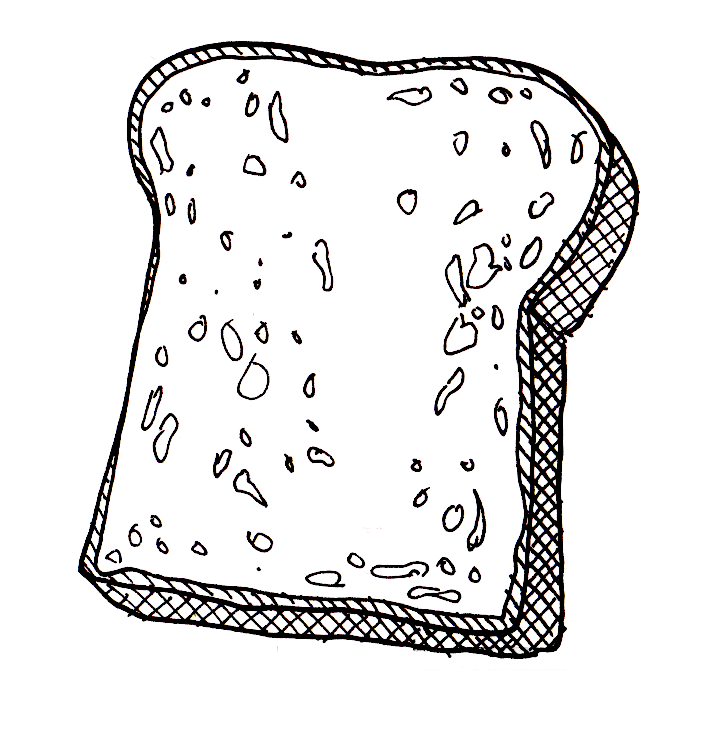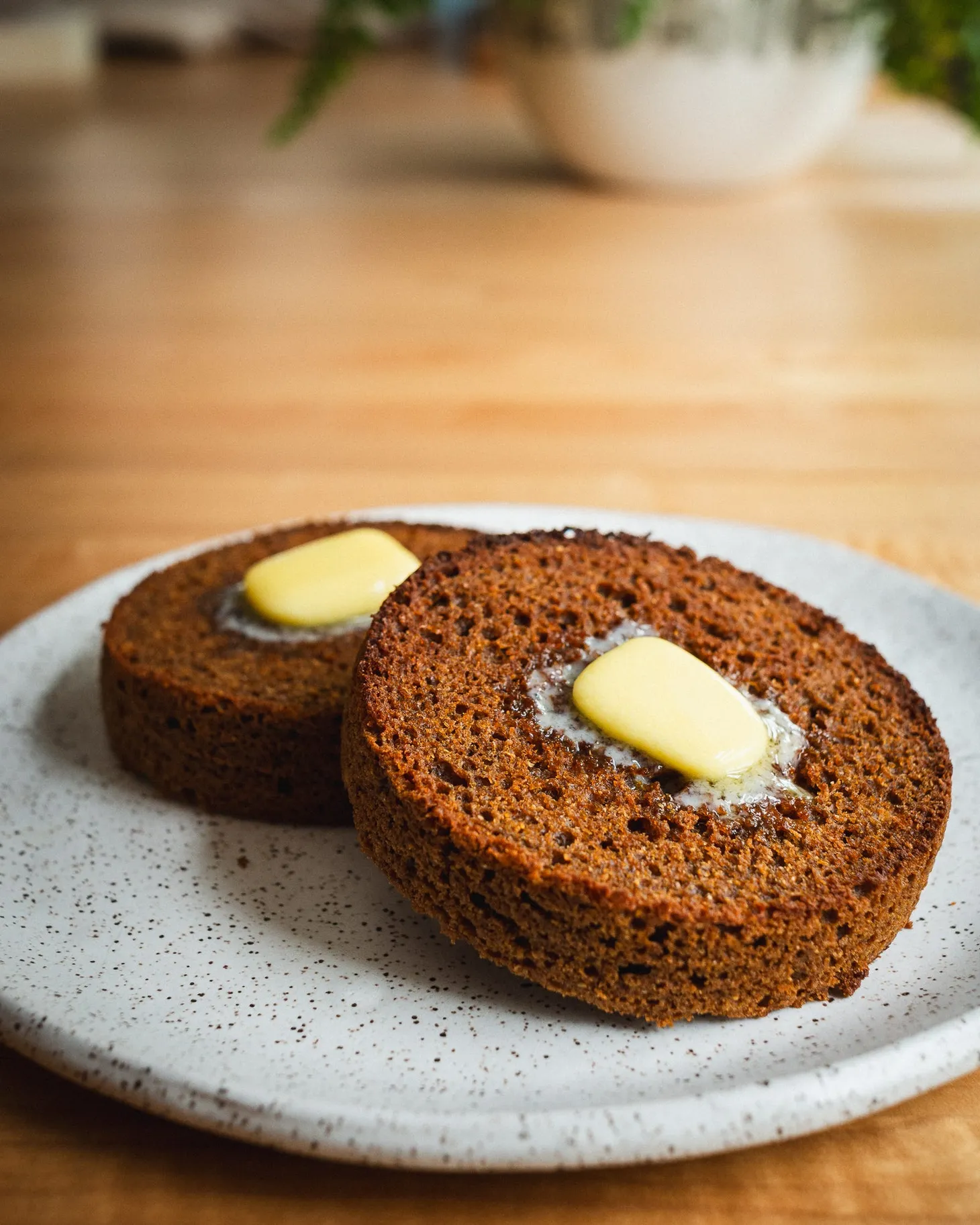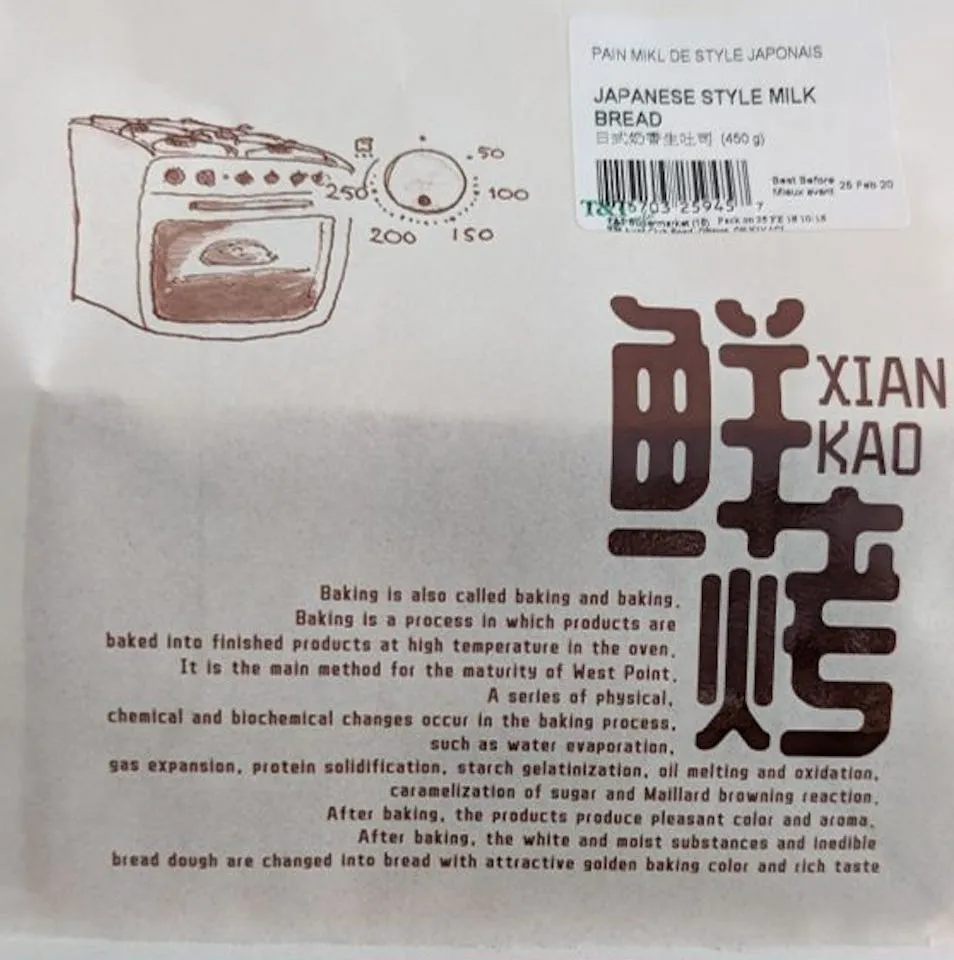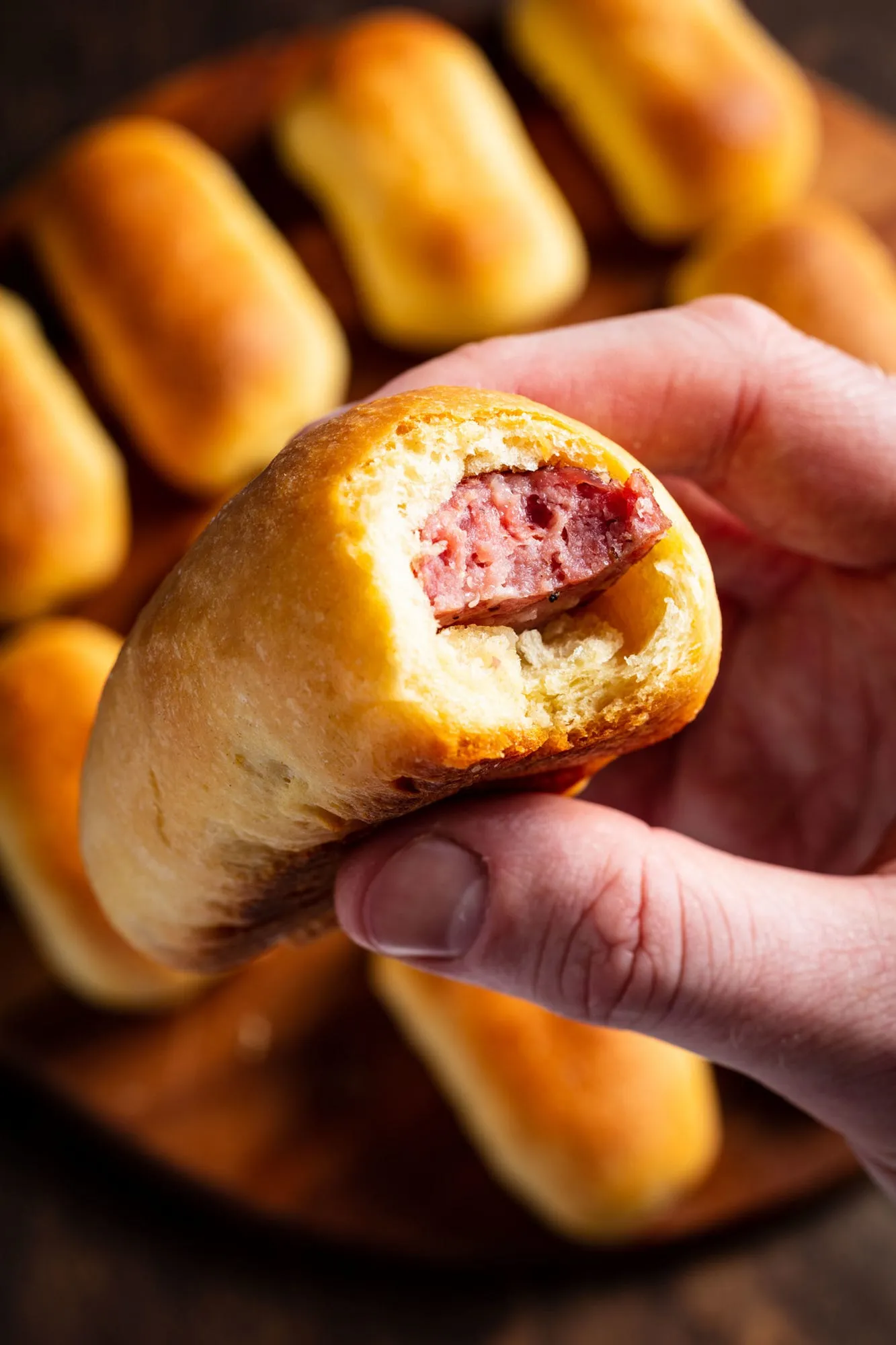Bread Bakers Guild of America
And Camp Bread!
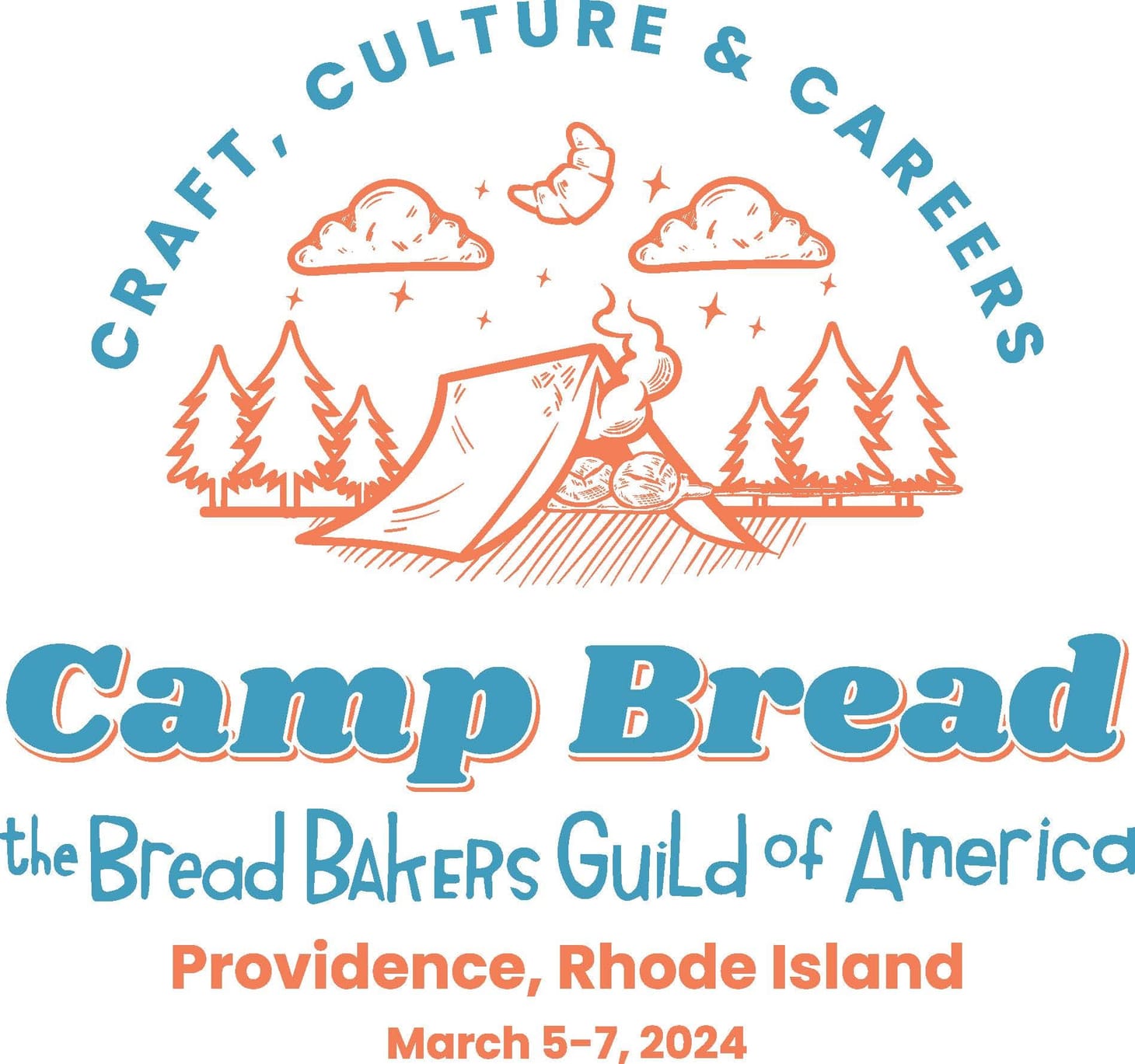
Table of Contents
The Bread Bakers Guild of America has been connecting and educating bakers since 1993. The organization came as a wave of craft baking, like its cousin craft brewing, was emerging, offering detours from industrialized standards. Bakers turned to natural leavening and sometimes, freshly-milled flour and wood-fired ovens. A huge difference was an emphasis on handwork and long fermentation. While the dawn of factory bread emphasized sanitary daylight bakeries where the products were never touched by human hands, the dawn of American artisan baking was all about hands—hand shaping loaves, hand loading ovens, handing the customer bread and baked goods that were very much made by a person. Within this new approach, bakers saw the need for allegiance, and created this network to dig deep into their craft.
In its first three decades, the BBGA has helped scads of bakers and bakeries to hone their baking skills and build careers and businesses, and welcomes a range of members, from home bakers to professionals. Nearly 2000 people belong to the group, including bakery owners, bench bakers and aspirational pro bakers/bakery owners, cottage bakers, and serious home bakers (SHB). Member bakers work at all scales of business, and at all levels of skill, from entry through expert; we are bakery-adjacent folk, like technical experts, and even some farmers and millers. Educators and writers, such as me (Amy Halloran) and Andrew Janjigian are also part of the network. The BBGA, also known as “The Guild,” has a name that harkens back to formal European apprenticeship systems, but there is no ladder to climb. Instead, there is a democracy of learning opportunities.
The Guild hosts in-person and, starting with the pandemic, remote classes, bringing together bakers in pockets of the country for workshops to develop skills in lamination, say, or working with chocolate, or to explore honey, masa, Kouign Amann, flour, enriched breads, and, and, and… The list is long, and the online archives of formulas—from previous classes, calendars and conferences—is deep. Bread Lines, its periodical, is also available online for members, and when it arrives, is an education in all bakery matters, featuring recaps of workshops, stories from bakers about their practices, and again, formulas. Grabbing a random copy from my shelves, I found an extended conversation about the shapes that education can take—mentorships, apprenticeships, certificates, and more, including a story from James MacGuire about the French baking society Compagnons du Devoir et du Tour de France and its structures and secrecy.
One part of the group that reflects the wide-open nature of the network is the BBGA listserv, a busy peer-to-peer email group. I read these emails regularly, even though I’ve never worked in a bakery. People ask questions about bakery planning, troubleshoot issues with (croissant/bread/bagel/etc.) dough, and think about the big and little pictures of the baking world. I’ve learned so much from observing these exchanges. What stays with me, though, is not necessarily the information, but the readiness of people to help each other. Bakers—sleepy, busy, stressed—take time to reply, and their replies are considerate, thorough, and often informed by decades of experience. I get to witness active mentoring, and one of the best things in the world—relationships.
I’m excited to see these relationships in person March 5-7th, at Camp Bread in Providence, Rhode Island. Held on the campus of Johnson & Wales University, the culinary training school that’s long been linked with BBGA, the schedule is chock full of hands-on sessions, featuring instructors from Johnson & Wales and other culinary colleges, King Arthur and Zingerman’s Bakehouse. I’m excited to see bakers who teach at the baking conferences that have popped up in the regional-grains movement, too. There’s even a milling panel and there will be a New American Stone Mill on site. The chances to learn are many, and I’m looking forward to observing the flow of information from one member to another.
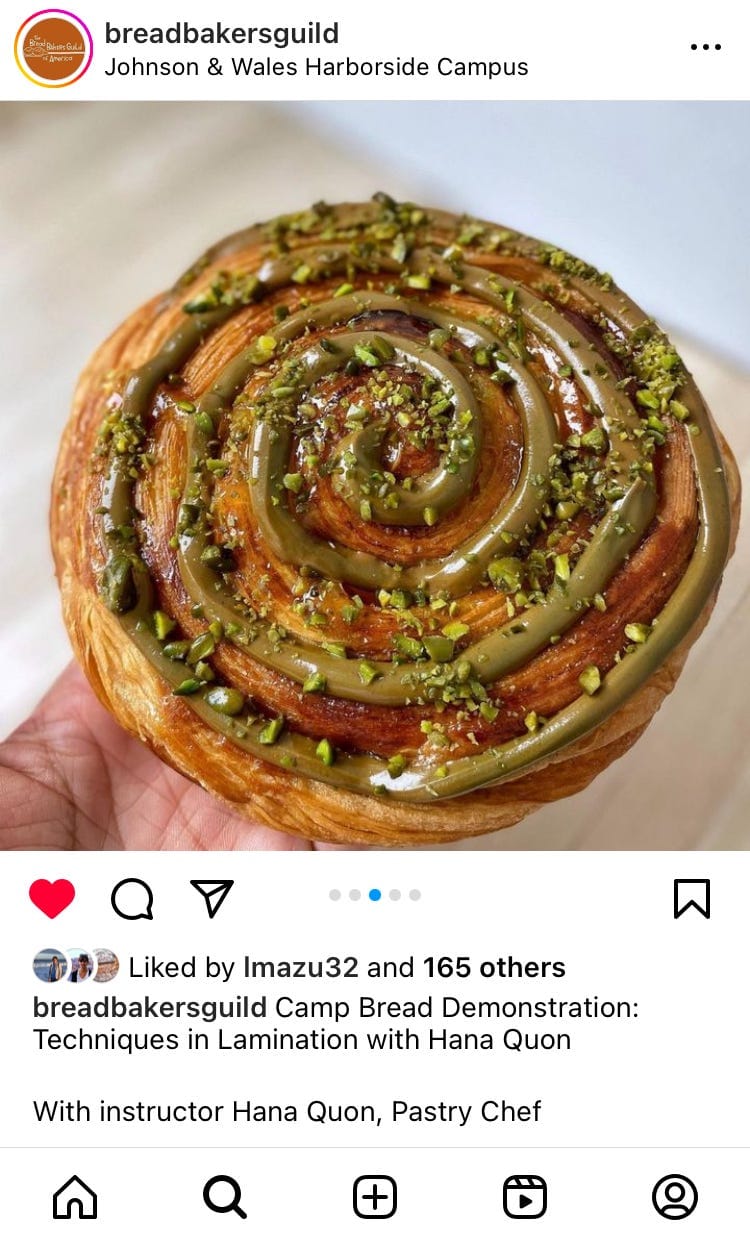
This edition of Camp Bread is more accessible than previous ones, which were sometimes titled Wheat Stalk; because of space limitations, these workshops had lotteries or slim enrollments. Being situated on Johnson & Wales’ campus means there’s room for many more participants, and for a mini tradeshow, too. There will be sessions and resources on the business side of running a bakery—skills that are as essential to the longevity of an enterprise as the development of baking techniques.
An emphasis on supporting the nuts and bolts of bakeries—such as HR issues, business plans, avoiding & managing burnout—has strengthened over the last couple of years. When Karen Bornarth, formerly of Hot Bread Kitchen, became director, she spent six months soliciting input from members, and heard a need for such tools. The Guild has been offering information internally to membership, and beyond, speaking at places like The Asheville Bread Festival and The Kneading Conference to help keep bakeries humming. The Bakery Leadership Circle is a new BBGA program for bakery owners and operators, led by Mark Dyck, creator and host of Rise Up! The Baker Podcast and Karen Bornarth. The pandemic, like the 2008 recession, created a surge in microbakeries, and the Guild is supporting cottage bakers and those interested in taking that leap, too.
Wherever you are on your baking journey—obsessed at home, dreaming of working at a bakery or selling at a farmers’ market, or already working in the field—the BBGA is a good way to learn skills and meet great bakers. If you join, or you are heading to Camp Bread—there is a promo for a 50% discount on membership with camp ticket purchase right now—please let Andrew and I know!
wordloaf Newsletter
Join the newsletter to receive the latest updates in your inbox.
